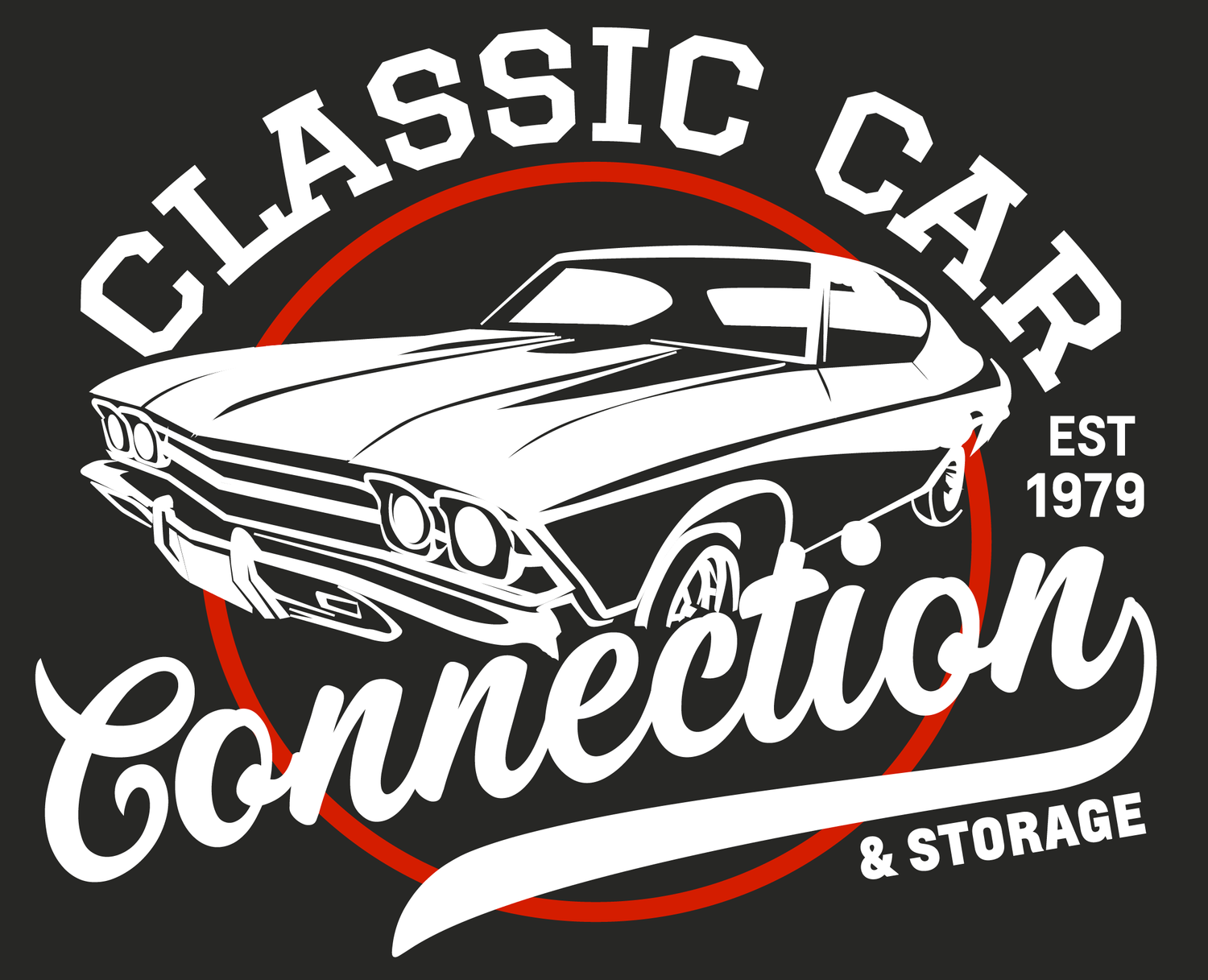Defining Classic Cars: A Timeless Legacy of Automotive Excellence
What defines a car as a classic? Is it age, rarity, or something more elusive? Classic cars hold a special place in the hearts of automotive enthusiasts and collectors worldwide. Let's delve into the characteristics that make a car a classic.

1. Age and Era
Classic cars are typically associated with a bygone era. While there's no fixed rule for how old a car must be to be considered a classic, most experts agree that it's generally a vehicle that is at least 20 to 25 years old. However, this can vary depending on individual perspectives and organizations that classify classic cars.
2. Timeless Design
Classic cars are celebrated for their timeless and iconic design. They often feature unique styling elements that set them apart from contemporary vehicles. Think of the elegant curves of a vintage Jaguar E-Type or the iconic tailfins of a '57 Chevy Bel Air.
3. Limited Production
Many classic cars were produced in limited quantities. This rarity can significantly contribute to their value and desirability among collectors. Limited production runs often result from the use of expensive materials or specialized craftsmanship.
4. Historical Significance
Some classic cars played pivotal roles in history, whether through their technological innovations, cultural impact, or association with significant events or figures. These cars hold a special place in the classic car world due to their historical significance.
7. Popularity and Iconic Models
Some classic cars are famous for their iconic status. Think of the Ford Mustang, the Chevrolet Corvette, or the Volkswagen Beetle. These models have transcended their eras to become symbols of automotive excellence.
5. Superior Craftsmanship
Classic cars often showcase a level of craftsmanship that's hard to find in modern mass-produced vehicles. Hand-assembled components, meticulous attention to detail, and high-quality materials are hallmarks of classic car manufacturing.
8. Well-Preserved Condition
Classic cars are often in excellent, well-preserved condition. Restoration efforts are common to ensure that these vehicles maintain their original glory. Many collectors and enthusiasts invest significant time and resources in keeping classic cars in top shape.
10. Passion and Enthusiasm
Perhaps the most defining characteristic of classic cars is the passion and enthusiasm they ignite in their owners and admirers. These vehicles are more than mere transportation; they are a way of life and a source of pride for those who appreciate their beauty and history.
6. Collectability
Classic cars have enduring collectability. Enthusiasts and collectors seek out these vehicles to preserve their history and heritage. Their scarcity and the passion they inspire among enthusiasts contribute to their collectible status.
9. Time-Tested Performance
Despite their age, classic cars often deliver a unique driving experience that can rival or surpass modern vehicles. Classic car owners appreciate the character and personality these cars bring to the road.
What makes a car a classic is a combination of factors, including age, design, rarity, historical significance, craftsmanship, collectibility, popularity, condition, and the passion it inspires. Classic cars are not just vehicles; they are rolling works of art and pieces of history that continue to captivate generations of enthusiasts.
Whether you're a seasoned collector or a newcomer to the world of classic cars, the allure of these timeless treasures is undeniable. Explore the world of classic cars and discover the beauty, history, and excitement they offer.



